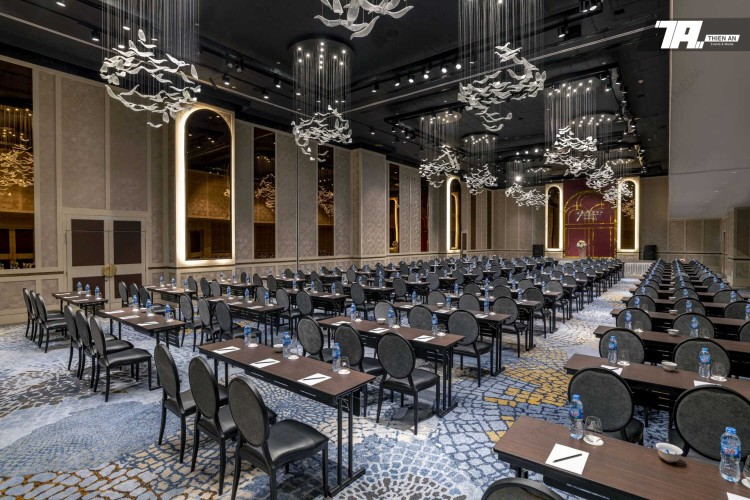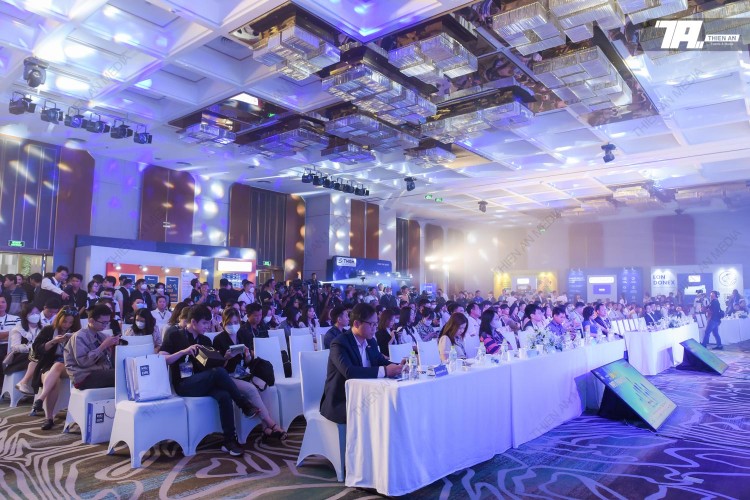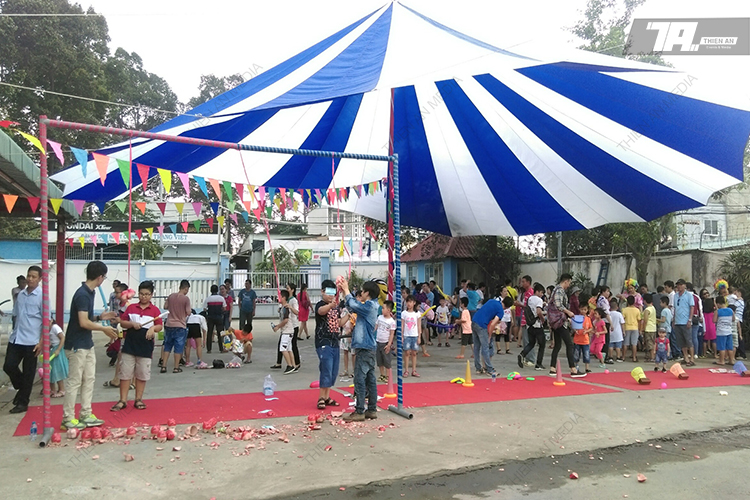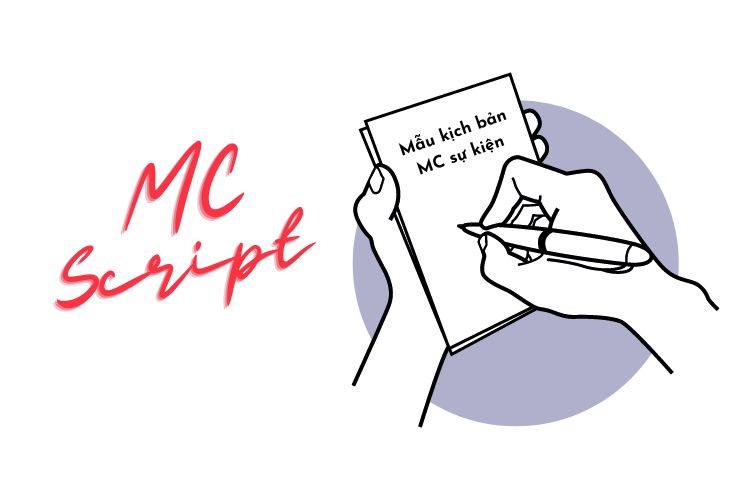Conference And Seminar Planning From A To Z
Planning a conference and seminar from A to Z is not just a simple task that requires organizational skills, but also demands creativity, flexibility, and patience. This article will guide you in developing a comprehensive plan from A to Z to help you organize a successful event.
Organizing a business conference

Conferences and seminars planning
What is a conference?
A conference is a large-scale event designed to bring together individuals with shared interests and expertise in a specific field. It aims to facilitate the exchange of knowledge and experiences. Conferences typically take place over a short period, ranging from a few hours to several days.
What is a seminar
On the other hand, a conference is considered a larger-scale meeting. Its purpose is to synthesize existing issues, including strengths and weaknesses. After evaluating these points, participants in the conference will provide opinions and draw experiences to develop the company or organization more effectively.
Common types of seminar
Experience sharing conference: Nowadays, organizing conferences is a popular choice for many businesses. In these conferences, experts or individuals with experience in a specific field share their knowledge with others in the same industry or those who have similar interests, such as partners or customers. Through these events, attendees can gain access to new knowledge, exchange information, and learn from successful individuals in their respective fields.
Workshop: Workshops are events that provide education or training with the aim of imparting knowledge and skills to the participants through two main components: information sharing and hands-on practice. Workshops are typically organized on a smaller scale, with 10 to 20 participants, to facilitate interaction and optimal learning from the facilitator.
New product introduction conference: This type of conference is very common in the market today and is used by companies or organizations to introduce new products to their customers or partners. Through such conferences, manufacturers or suppliers can present the features, advantages, and benefits of their new products to the audience. Additionally, they provide attendees with information on how to use, maintain, and receive post-sales support for the product.
Industry-specific conference: These conferences focus on topics related to a particular industry or field, often involving the participation of experts and stakeholders from the same industry or field. In these events, attendees have the opportunity to access the latest documents, analytical reports, and engage in discussions about trends, challenges, and opportunities within that specific industry.
These types of conferences and workshops serve as valuable platforms for knowledge exchange, networking, and professional development for participants.
Common types of conferences
Year-end review conference: This event is organized by most businesses at the end of the year. The main content of the conference is to review the activities of the business in the past year, evaluate successes, failures, draw lessons, and outline new strategies for the coming year.
Investment and development cooperation conference: This type of conference is prevalent among investors. Each conference focuses on a specific potential investment project, and the organizers analyze issues related to that project to promote investment activities both domestically and internationally.
Customer conference: Many businesses organize this type of conference to express gratitude to their customers and partners. The conference focuses on thanking and honoring customers and partners who have contributed to the company's success.
These conferences serve various purposes, including business evaluation, investment promotion, and relationship-building with customers and partners. They provide valuable opportunities for businesses to gather stakeholders, share information, and plan for the future.
Detailed conference planning
Define the objectives and content
The objectives and content are crucial elements in organizing a successful conference seminar. Setting clear and specific objectives will help focus on essential aspects that need development during the event. The content should be logically structured and reflect the intended message for the audience, providing valuable and engaging knowledge.
Choose the time and venue
Selecting the right time for the conference seminar is vital to ensure maximum attendance. For instance, when launching a new product, organizers should carefully consider the timing to avoid conflicts with competitors' activities or other events. This allows important attendees and customers to participate without schedule clashes.
Regarding the venue, it should accommodate the expected number of attendees adequately. The venue should offer professional services, including sound, lighting, presentation equipment, and other amenities, to ensure a convenient and high-quality experience for the participants. Additionally, the location should be easily accessible with smooth transportation options and nearby facilities such as bars, hotels, and restaurants for attendees' convenience.

Select event venue
Ideas and script for organizing a conference seminar
The process of developing ideas and a script for organizing a conference seminar requires creativity and showcasing the distinctive features and identity of the business. Nowadays, conferences often integrate entertainment activities, artistic performances, and interactive mini-games to avoid monotony and create a positive impression.
A typical conference script includes the following elements:
- Guest reception
- Guest seating arrangements
- Opening artistic performance
- Declaration of the conference seminar's purpose
- Introduction of speakers/presenters
- Main content of the conference seminar
- Artistic performances and interactive mini-games
- Conclusion of the conference seminar
- Compilation of the guest list
Make a guest list
The next step in the conference seminar planning is to create a complete and detailed guest list. It is essential to review the list several times before printing the invitations to avoid unnecessary errors. For guests who are far away, you can be flexible by sending invitations via email or other media, which not only saves time and costs but also ensures timely and accurate information about the event reaches remote attendees.
Budget estimation
Underestimating the event's budget may lead to financial constraints and difficulties in organizing and preparing for the event. When budgeting, comprehensive consideration of all relevant factors is necessary, including:
- Venue rental costs
- Refreshments - tea breaks or buffet
- Equipment and audio-visual rental
- Event logistics and transportation costs
- Personnel hire: singers, mc, speakers, pgs, etc.
- Reception and service costs
Printing of communication materials: handheld hashtags, standees, banners, lucky draw boxes, brochures, and other items.
Additionally, a contingency fund should be allocated to deal with unexpected risks or unforeseen expenses that may arise during the conference seminar organization.
Risk mitigation
Creating a backup plan involves preparing for potential issues that may arise during the conference organization process and supporting their quick and effective resolution.
Below are some risk mitigation measures in the conference organization process:
- Compile a list of personnel responsible for each part of the program and request their contact numbers for urgent communication in case of any incidents.
- Prepare backup equipment such as projectors, microphones, and sound systems to use in case of sudden device failures, ensuring the program continues without interruptions.
- Identify alternative venues in case the original venue becomes unavailable for hosting the conference.
- By planning for contingencies, you will gain more confidence in the conference organization process and minimize potential risks.

Risk mitigation in conference organization
Selecting event organizers
To successfully organize a conference, especially for those new to event planning, achieving an impressive outcome is not an easy task. Therefore, choosing a competent event management company to collaborate with is essential, particularly for large-scale events with substantial budgets. Reputable and professional event organizers can significantly reduce the workload, from planning and organizing to efficiently monitoring the event.
We hope that through this article, you have gained a clearer understanding of how to plan a conference in detail. If you need assistance during the preparation or organization process, feel free to contact Thien An Media for quick and free consultation.














